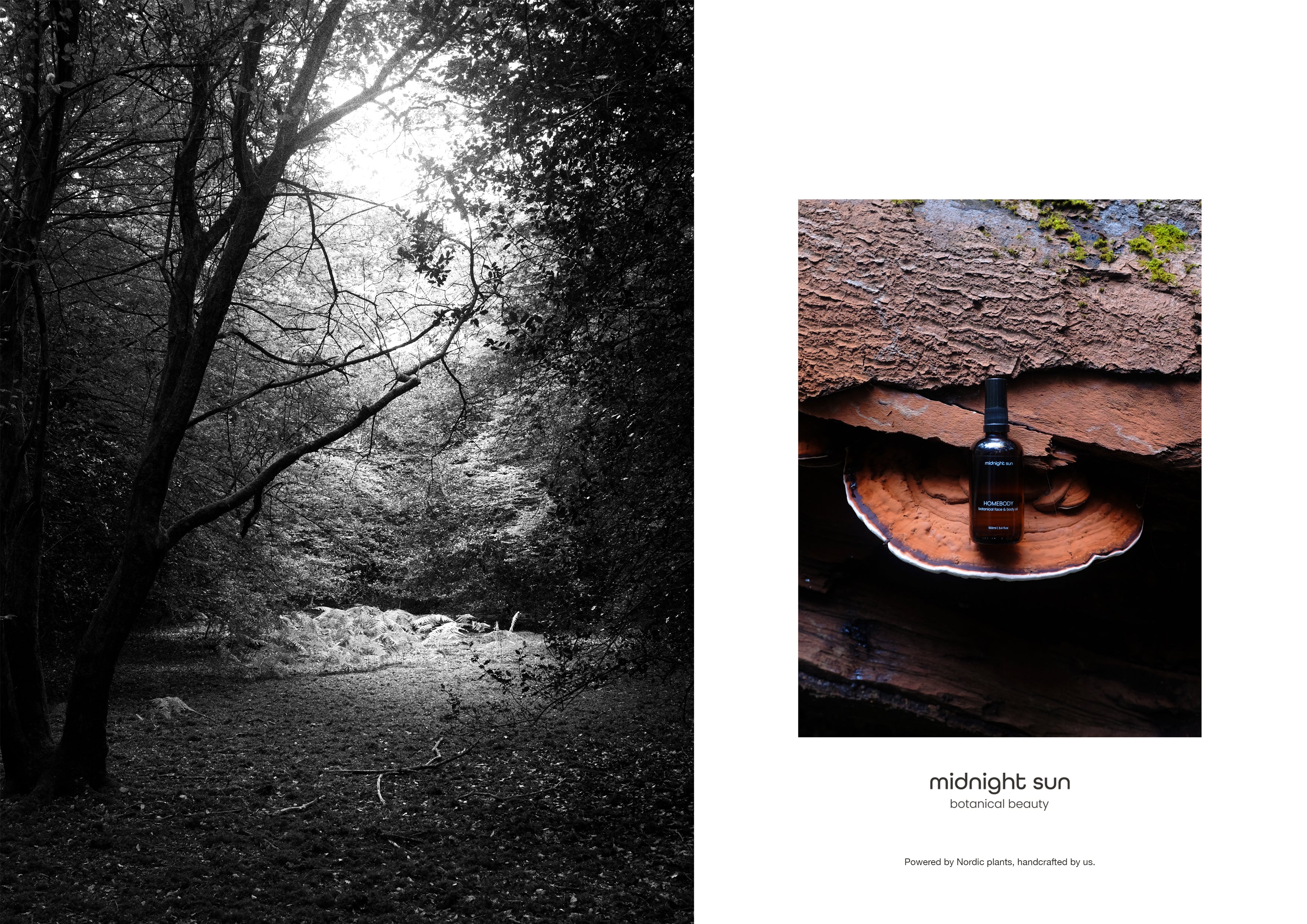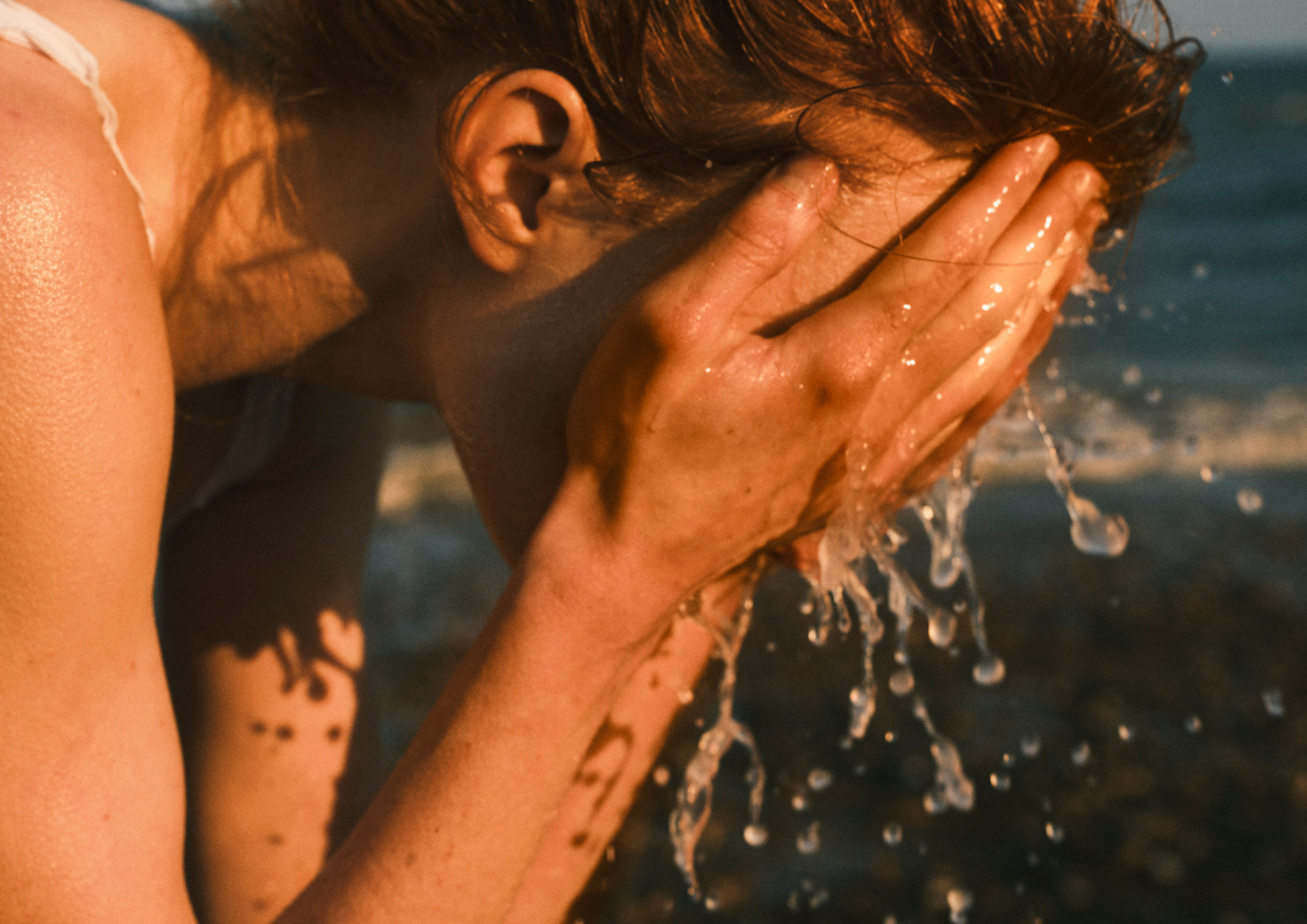Conscious Beauty

Since ancient times, we humans have always found ways to rejuvenate and beautify ourselves.
From Queen Cleopatra bathing in donkey milk, to the age-old practices of Ayurvedic therapeutic baths with rose petals, honey, and turmeric.
Since then, along with innovation, the skincare industry has seen a shift towards synthetic, processed and packaged products.
Today many of us are unknowingly contributing to the pollution of our oceans, destroying of rainforests, dislocating wildlife from their natural habitats and generating excessive waste.
By choosing brands that prioritise sustainability, each of us can contribute to a healthier planet while enjoying effective beauty products.
1. Choose eco-friendly packaging
In the beauty industry, packaging plays a significant role. The more expensive the brand, the more unnecessary packaging you may expect. Most of it that will go directly in the bin, or hopefully be recycled. The beauty industry is responsible for generating about 70% of its waste from packaging alone, totalling approximately 20 billion units annually.
Plastic is not biodegradable, which means that it will not decompose. Instead, it undergoes a process called photo-degradation, breaking down into microscopic pieces. This process takes between 100 to 500 years to complete, depending on the type of plastic.
Currently, about 8 million tonnes of plastic enter the ocean each year. This plastic, primarily derived from fossil fuels, poses a significant threat to marine life, with an estimated 100,000 marine mammals perishing each year due to plastic pollution. The UN environmental program warns that if the waste trend continues, our oceans could contain more plastic than fish by 2050.
We advocate for choosing products with minimal, refillable, eco-friendly packaging that is recyclable, biodegradable and made with recycled material.
2. Choose ethical and organic ingredients
When selecting skincare products, the choice of ingredients is crucial, not only for skin health but also for the environment.
Palm oil, a common and inexpensive ingredient in beauty products has led to unsustainable cultivation. The high demand has led to widespread deforestation, significantly impacting wildlife habitats and biodiversity. Similarly, other frequently used ingredients like soy, rapeseed and coconut can have adverse environmental effects if not cultivated responsibly.
We are committed to ethical sourcing and the use of organic ingredients. Choosing natural and especially organic ingredients means supporting practices that enrich soil health, protect ecosystems, and have a positive impact on wildlife and communities.
3. Choose multifunctional products
In the beauty industry, single-use items are one of the biggest contributions to the huge volumes of waste. Everyday products like wet wipes, sheet masks, cotton buds, pads and blotting sheets are items we only use once before they end up in the bin.
On top of this, many of these products, particularly wet wipes and sheet masks are soaked in mostly water containing ingredients, requiring strong preservatives to keep them fresh from bacteria. When they end up in landfills, these toxic chemicals can seep into the soil and affect the land.
To counter this, simplify your skincare ritual and invest in effective multifunctional products to minimise waste.
4. Choose sustainable, small-batch brands
Water is the cosmetic industry’s most used ingredient. Water is not only used in product formulation, but also in daily routines when rinsing off these products. In fact, a lot of products we buy are mostly made of water! Water also means the products will need preservatives to prolong their shelf life and a lot of preservatives can be unhealthy and go on to contaminate water systems.
The availability of water resources is a growing global concern. According to the United Nations, an estimated 52% of the world's population will face water scarcity by 2050.
Water is not necessary in beauty products and washing less is actually as beneficial for our skin and microbiome as it is for the planet! Small-batch brands typically use less water in their formulations, opting instead for potent botanicals and fresher ingredients, reducing the need for harsh preservatives.
5. Educate yourself on ingredients
The beauty products we use daily, including shampoos, creams, and makeup, eventually find their way into our oceans. Some ingredients in these products, like parabens and triclosan, not only pose potential risks as endocrine disruptors in humans but also harm the environment and wildlife.
Sunscreen is another big issue when it comes to killing coral reef. A common chemical ingredient used in almost every sunscreen is ‘Oxybenzone’ also known as ‘Benzophenone-3’. Whilst this ingredient is very effective at protecting our skin, it is a culprit in the massive degradation of coral reefs in the world's oceans. Other chemical ingredients like BHT and Sodium Laureth sulfate have also been found to cause changes to the biochemistry of aquatic life. Once these chemicals enter our water systems they are challenging to eliminate.
Always do your research and make sure you understand what the ingredients are that you are applying to your skin, and how they affect the environment.



